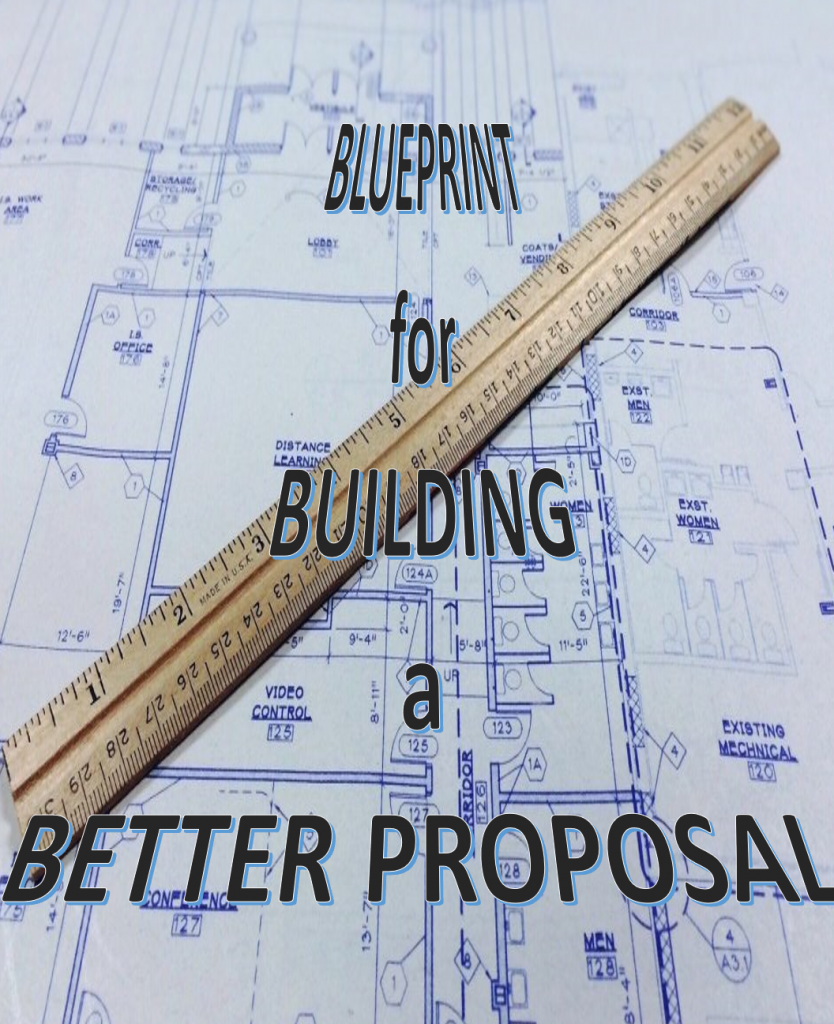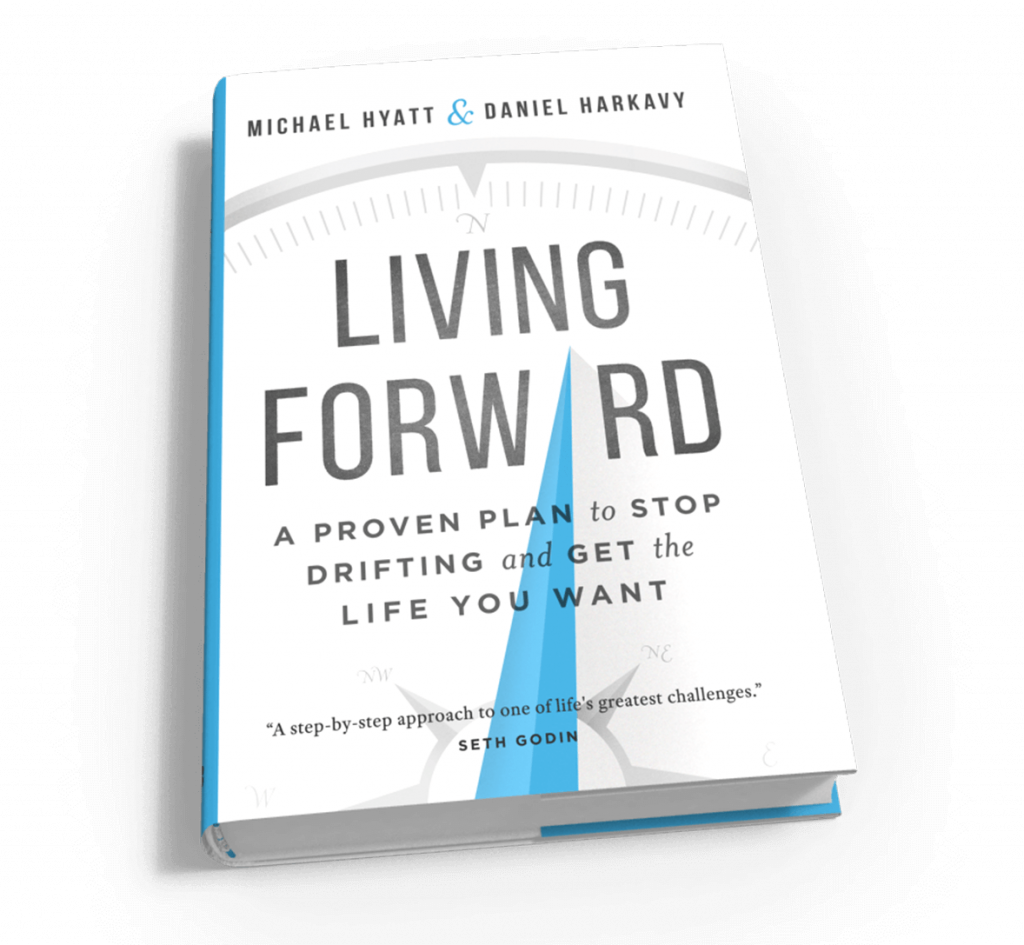And the Importance of Me Incorporating It Going Forward

The world is full of amazing, exciting and interesting things which are constantly fighting for our attention. Now more than ever we are bombarded by things requesting our time. The difficult part is sorting through them and determining which ones we should spend our time and energy on.
I constantly struggle deciding what to and what not to do. What makes one thing better than another? I realize this is an issue that ultimately comes down to me deciding for me.
We’ve all been given talents and interests, designed to fulfill a specific purpose.
The fact that we are different means there is no “one size fits all” answer to the question of what you should do. What’s important to one person isn’t to someone else. The crucial thing is that you figure out what your purpose is and are true to who you were made to be.
We are never going to be perfect this side of Heaven, but this doesn’t mean we shouldn’t constantly be working to build a better life. An important part of this is self-reflection. Looking back at things we did well and things we need to improve on.
Incorporate learning from the past as a part of your plans looking forward.

As I work on my life plans for the new year, this year I decided that I would incorporate a theme for the year. Something that will serve as a building block in the foundation of my life. Knowing that I struggle with clarity when making decisions I’ve decided that my theme for 2021 is… FOCUSED INTENSITY.
As I thought about and researched different themes, I chose FOCUSED INTENSITY because I think it’s a building block that will make my foundation stronger. It strengthens places I’m already doing well and supports the expanded building in the places where I’m not.
The existing foundation that FOCUSED INTENSITY supports:
- Honor God in all that I do
- Make all I can, Save all I can, Give all I can
- Spend time wisely, there is a limited amount
- Pay attention to detail
- Never be satisfied with mediocrity
- Find and maintain the balance in everything
- Move the mountain one shovel full at a time
- Remember that I have two ears and one mouth
- Avoid drama
- Be accountable
- Take off the blinders, be more observant
- Intentional action
What is FOCUSED INTENSITY?
Focus – is the central point of attraction, attention and activity. It is concentrating and directing one’s attention and efforts.
Intensity – is the quality or condition of being intense. It is a lot of energy, strength and concentration applied to specific activities and thoughts. It is a high degree of emotional excitement.
The purpose of this building block is to provide the needed support for building my best life.

Next week I will show you the mortar that will be used to adhere this building block of FOCUSED INTENSITY to the foundation of my life.






































